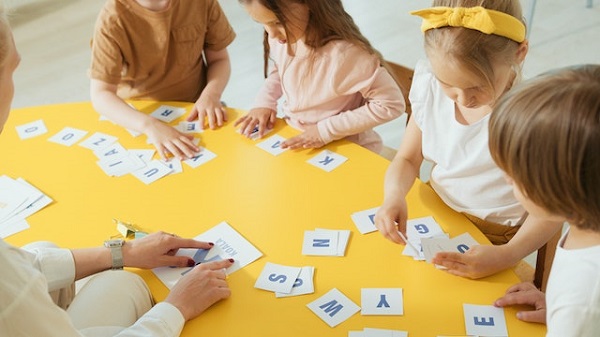Let's compare our languages: learning languages through comparison

Developed by the University of Montpellier in France, ‘Let’s compare our languages’ (Comparons nos langues) is a learning approach that engages primary and secondary school pupils through comparing differences and similarities of their languages, in terms of phonetics, syntax, non-verbal communication, graphical system, in order to help them learn the language of schooling.
This approach allows pupils to discover French (as the language of schooling) through comparison with other languages (i.e. English or Spanish, taught in school as foreign languages), as well as with their mother tongues, and through working jointly with other pupils. The approach enables pupils to appreciate their own multilingual skills and better succeed in the world of learning, including learning other languages more consciously. It also enables a higher level of social interaction and cooperation in the classroom.
Overall, the method stimulates cognitive and meta-linguistic skills and increases intercultural awareness, while allowing newly arrived children to both value and recognize their multilingual and multicultural identity. Moreover, watching the video of the project, we can see that children seem to genuinely enjoy the classes, participate actively and, last but not least, have fun!
The project was granted the European Language Label in 2004 and was recognised by the French Ministry of Education as a valuable language learning method in 2009.
Further reading
Additional information
-
Education type:School Education
-
Evidence:N/A
-
Funding source:No funding
-
Intervention level:Universal
-
Intervention intensity:Ongoing
-
Participating countries:France
-
Target audience:TeacherHead Teacher / Principal
-
Target audience ISCED:Primary education (ISCED 1)
